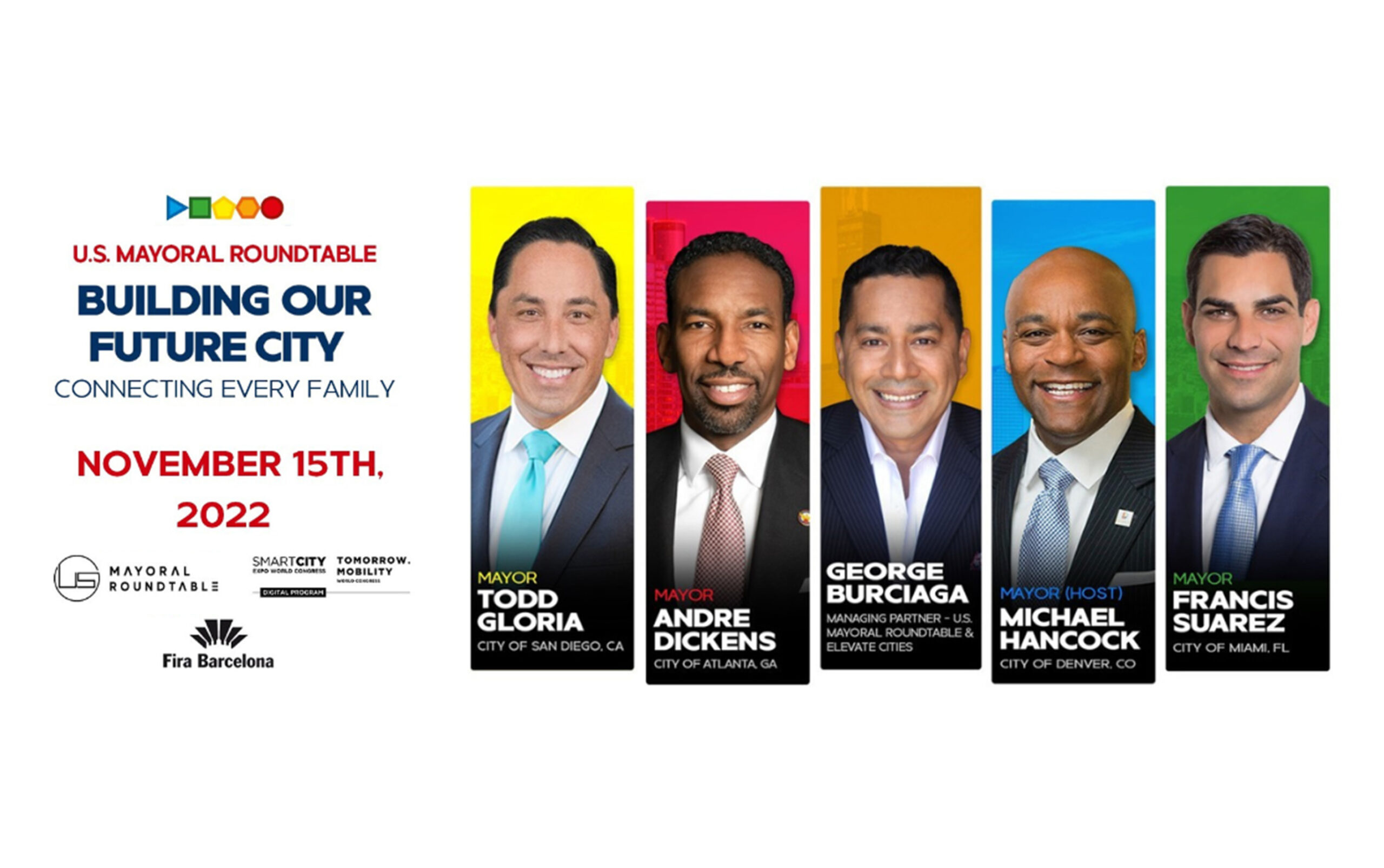Author | Diana PardoFear of losing one’s job is undoubtedly the main concern during any period of recession. However, not all generations confront it in the same way. Age differences that translate into cultural divergences are changing the way we look at basic concepts such as salaries and, in fact, the incorporation of Millennials is causing a mini labour revolution.Requests by employees, who are increasingly younger, no longer focus exclusively on money matters as was the case with boomers, instead, they are concerned with quality of life and flexibility in their professional careers. The inclusion of this human value in economic salaries is known as Emotional Salary.
Millennial Generation, promoting the Emotional Salary
The Emotional Salary concept is a relatively modern idea and it will shape the economic foundations of the cities of tomorrow. In fact, the incorporation of young workers into the labour market, with their new demands and approaches to work is already being felt in some industries. It is a new trend that began with the Generation X and has now become established with the Millennial Generation.Generally speaking, the Emotional Salary is based on the theory that “a happy worker is a productive worker”. The correct implementation of this theory includes all types of non-monetary rewards that create a feeling of wellbeing, commitment and motivation among workers towards the company’s goals. This may include anything from participative and social elements to much more flexible hours to foster maternity.
What are the most successful Emotional Salary measures?
Which companies have shown a firm commitment to the Emotional Salary at an International level?
The leading global HR consulting firm Great Place to Work, ranks the best places to work in a study conducted each year, covering 45 countries around the world. The emotional salary forms part of its key assessment criteria. Listing some specific examples, Ikea is one of the best rated companies by its employees for reasons such as free coffee, discounts in its restaurants, pension plans, leisure areas and affordable healthcare coverage.The American company Johnson & Johnson, in turn, promotes a healthy and happy lifestyle. Its workers can eat for free in the company and also have private medical insurance. Lidl, in turn, champions wellbeing. Aware of the current pressure in retail outlets, this German multinational company is committed to its employees’ health, implementing healthy eating programmes, assistance for stress management, ergonomic measures and promoting sports.
Why so much interest in the Emotional Salary? What are the benefits?
A company that includes emotional salaries in its job offers is fostering a positive relationship with its employees. This will lead to a better working environment, a lower employee turnover (talent exodus), more motivated and, in short, much more productive teams.According to OCCMundial, emotional salaries increase staff productivity by 33%, the days lost through low efficiency or failure to meet goals drops by 66%, employee absenteeism through accidents, illness or personal problems drops by 51% and 97% of workers feel closer to the company.Emotional Salaries form an essential part of existing cities, which not only need to be built on a social fabric with new perspectives and sensitivities, but which are also committed to quality of service, efficiency and correct communication in all their strata, from private companies to public administrations. Objectives that will be difficult to meet with old fashioned work formulas.Images | Toa Heftiba, Charles Koh, Joey Cheuk, Annie Spratt (Unsplash)






















































